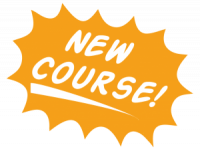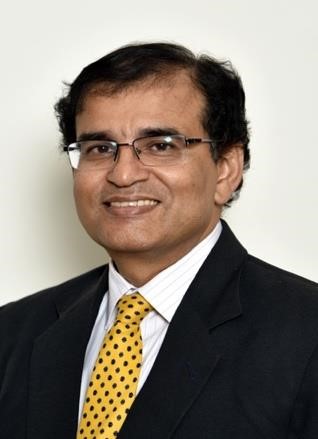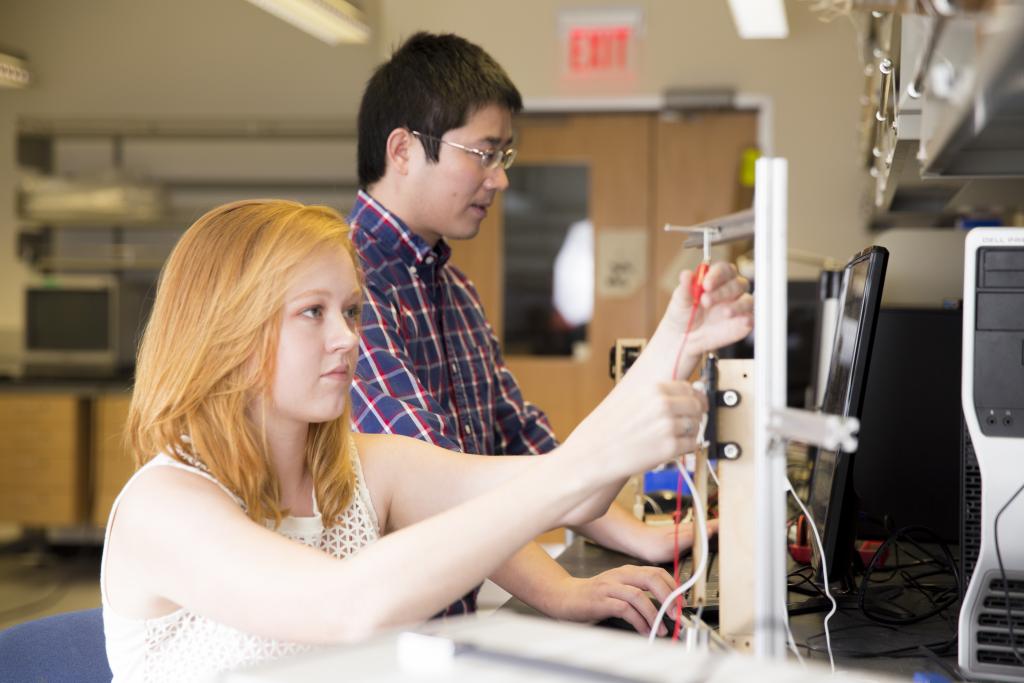News

December 20, 2021Our 2021 Research Headlines
From research into new ways to detect and preventCOVID-19, to new treatments for heart conditions and technology to combat natural disasters and climate change, it has been a busy year at the Jacobs School of Engineering. Here is a snapshot of research that made headlines this year, thanks to the dedicated work of our faculty, graduate and undergraduate student researchers, and staff Full Story

December 13, 2021Einstein wins again
An international team of researchers, including UC San Diego electrical engineers, has conducted a 16-year long experiment to challenge Einstein’s theory of general relativity with some of the most rigorous tests yet. Their study of a unique pair of extreme stars, so called pulsars, involved seven radio telescopes across the globe and revealed new relativistic effects that were expected and have now been observed for the first time. Einstein’s theory, which was conceived when neither these types of extreme stars nor the techniques used to study them could be imagined, agrees with the observation at a level of at least 99.99%. Full Story

December 7, 2021UC San Diego engineering professors inducted into National Academy of Inventors
Two professors at the UC San Diego Jacobs School of Engineering have been named 2021 fellows of the National Academy of Inventors (NAI). Shaochen Chen, professor and chair of nanoengineering, and Tse Nga (Tina) Ng, professor of electrical and computer engineering, were among the 164 fellows announced by the NAI this year who have demonstrated a spirit of innovation in creating or facilitating outstanding inventions that have made a tangible impact on the quality of life, economic development, and the welfare of society. Full Story

December 6, 2021UC San Diego joins Dartmouth in industry-university collaboration to take power electronics to the next level
Smartphones that last for days on a single charge and are still thin, compact and lightweight. Electric vehicles that drive further with their existing batteries and are affordable. Data centers that meet the growing demands of seven billion internet-connected devices and counting while cutting down their carbon emissions and use of space. For these to become reality, electrified systems need cutting-edge upgrades in the hardware that manages and distributes the power in these systems. This is a challenge that UC San Diego is helping to tackle as a new member of the Power Management Integration Center—a partnership formed between industry and university members to innovate power electronics technologies that support higher efficiency, smaller size and reduced cost. Full Story
Summer Math Initiative: Program Schedule
Thank You for Joining the Summer Math Initiative!
This program is designed to help you prepare for ECE 35 by reviewing key mathematical concepts. Over the course of the summer, we will focus on the following three topics:
-
Solving Systems of Linear Equations
-
Derivatives and Integrals
-
Complex Numbers
Schedule
All sessions are held Wednesdays from 6:00 PM – 7:00 PM (via Zoom).
-
Opening Session – July 9
Instructor: Professor Nguyen
Overview of the program, topics to be covered, and tutor introductions.
Access the session here: Zoom
Topic 1: Solving Systems of Linear Equations
Tutor: Huong Hoang
-
July 23 – Introduction, problem-solving strategies, Q&A
Access the session here: Zoom
-
July 30 – Review homework problems, Q&A
Access the session here: Zoom
Topic 2: Complex Numbers
Tutor: Mehmet Bagci
-
August 6 – Introduction, practice problems, Q&A
Access the session here: Zoom
-
August 13 – Review homework problems, Q&A
Access the session here: Zoom
Topic 3: Derivatives and Integrals
Tutor: Runfa Li
-
August 20 – Introduction, practice problems, Q&A
Access the session here: Zoom
-
August 27 – Review homework problems, Q&A
Access the session here: Zoom
We look forward to an engaging and productive summer of learning!
Course 2024-2025

2024-25 NEW COURSES, look for them below.
look for them below.
Resources: ECE Official Course Descriptions (UCSD Catalog)
For 2023-2024 Academic Year: Courses, 2023-24
Particle accelerator on a nanophotonic chip
Particle accelerators are indispensable tools in science, industry and health care. Almost all of them are based on microwave driving. Based on a similar principle, acceleration of electrons with the help of laser light has already been proposed decades ago: Nanophotonic structures are needed that generate an optical near-field mode efficiently propelling the electrons. We could recently demonstrate the accelerator on a chip.
Making neural networks more trustworthy and sustainable
The use of deep neural networks (DNNs) is currently transforming many areas of science and engineering. Although DNN-based techniques outperform traditional algorithms in most signal processing tasks, they can exhibit weaknesses such as reduced robustness and a tendency to produce hallucinations. These issues are linked to the DNN's Lipschitz constant, which typically worsens exponentially with the addition of layers. In this work, we present a framework for the design of stable networks with maximal expressivity.
An Information Theory for Out-of-Order Information: Applications in DNA Data Storage and Genomics
The recent development of DNA-based data storage prototypes has raised several questions about how to optimally encode information in these systems. A distinguishing feature of this new storage paradigm is that the stored information is read via “shotgun” sequencing technologies. This means that the channel output comprises many short fragments of the input observed out of order. Motivated by this, we study the capacity of a class of “shuffling channels” that capture this inherent need to reorder the observed channel output.
Fundamentals of RF System Analysis for IC Designers
This seminar provides key insights into wireless system analysis from a circuit designer’s perspective, focusing on modulation techniques, line-up analysis, and link performance optimization. Participants will explore impairments in analog and mixed-signal components-thermal noise, phase noise, spurious signals, and distortion and their impact on system performance. The session covers critical metrics such as Signal-to-Noise Ratio (SNR), Error Vector Magnitude (EVM), Receiver Sensitivity, Blocker performance, and Transmitter out-of-band noise.
ECE Distinguished Alumni Awards

2025 Applied Mathematics Recipient- Subhasis Chaudhuri PhD' 1990
Bio: https://www.linkedin.com/in/subhasis-chaudhuri-36531b5/?originalSubdomain=in
Pagination
- Page 1
- Next page










.png)
.png)
.png)
